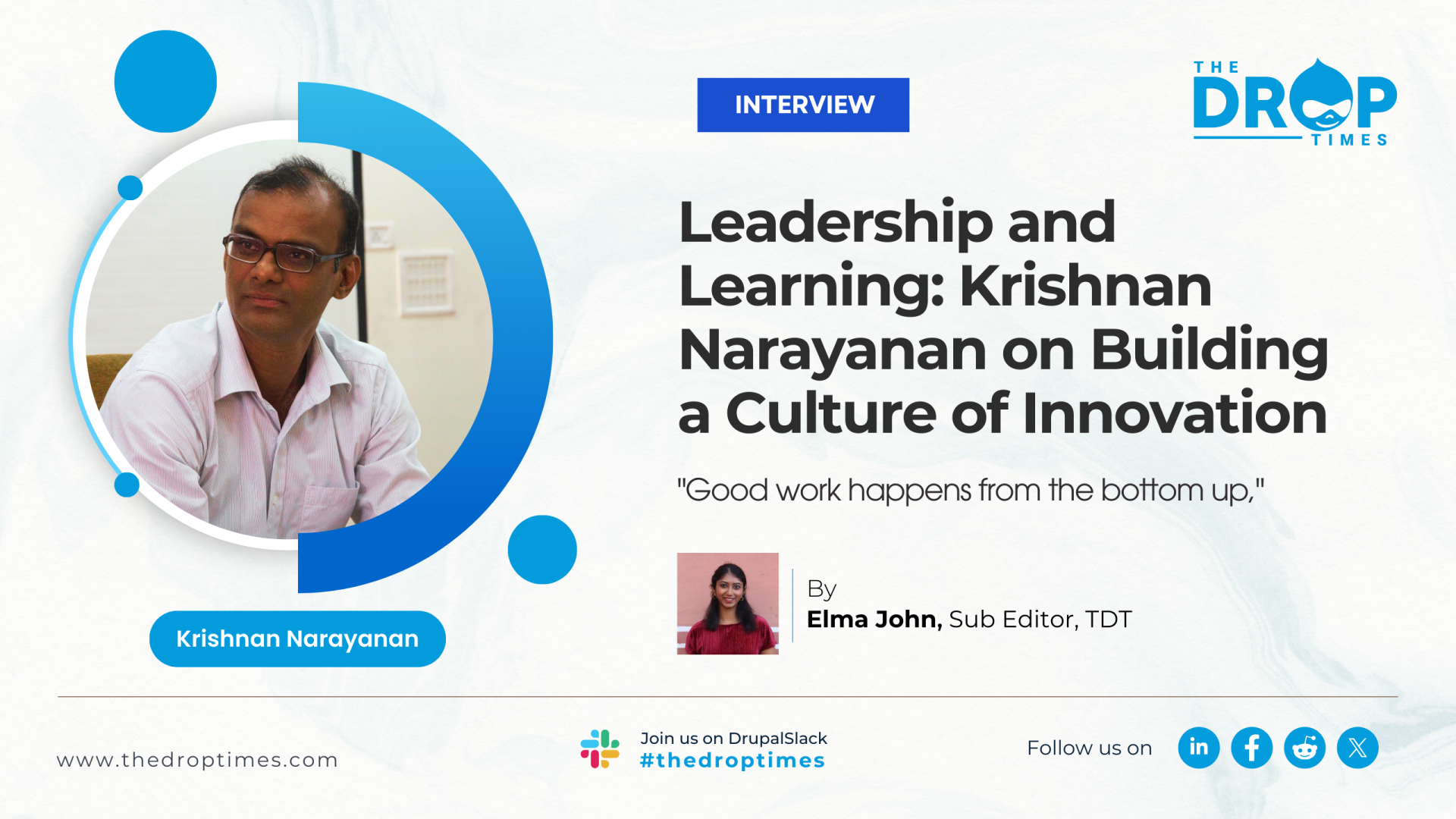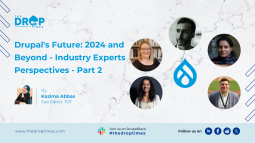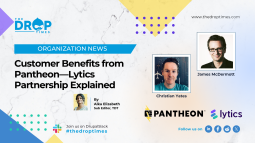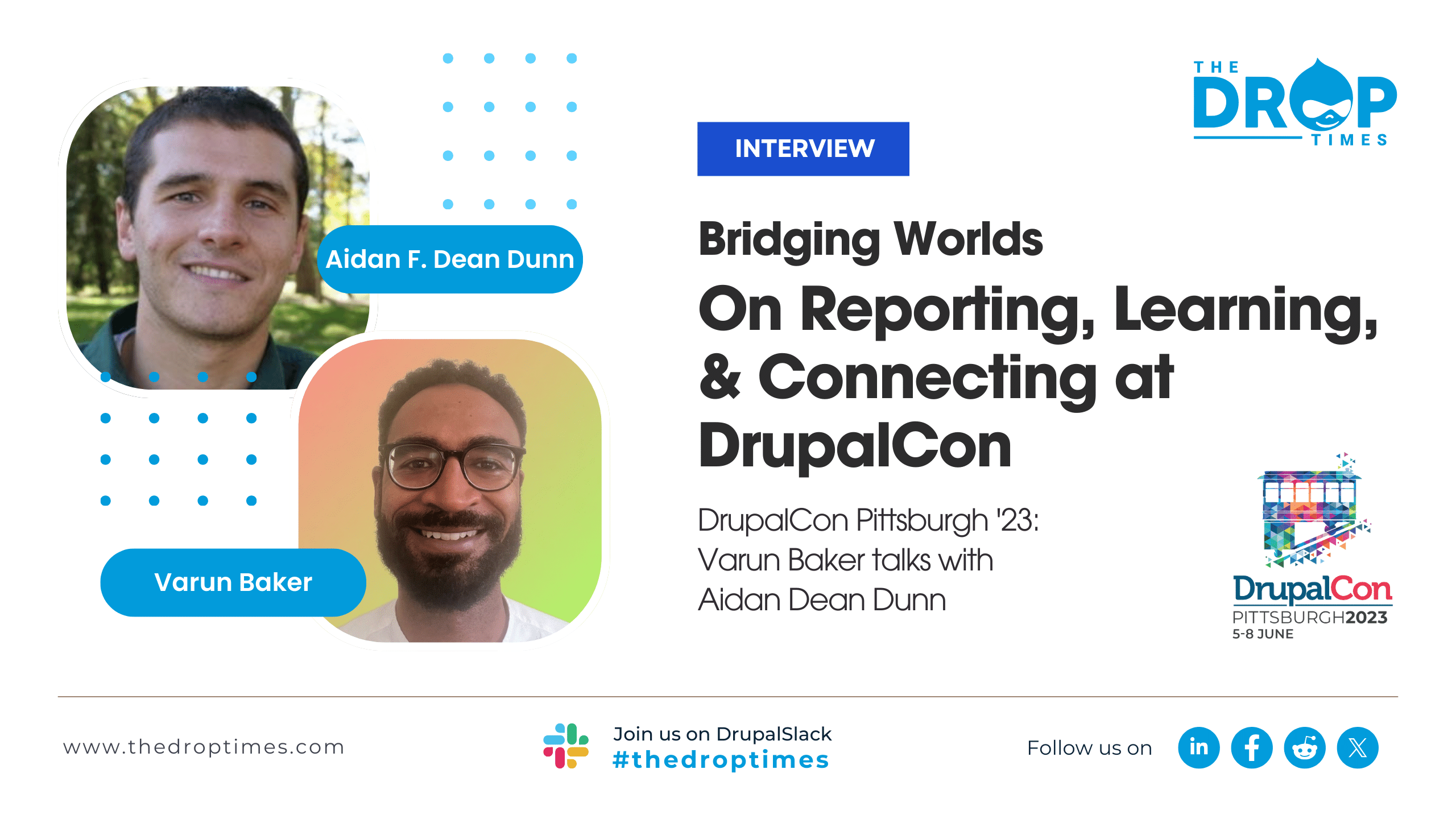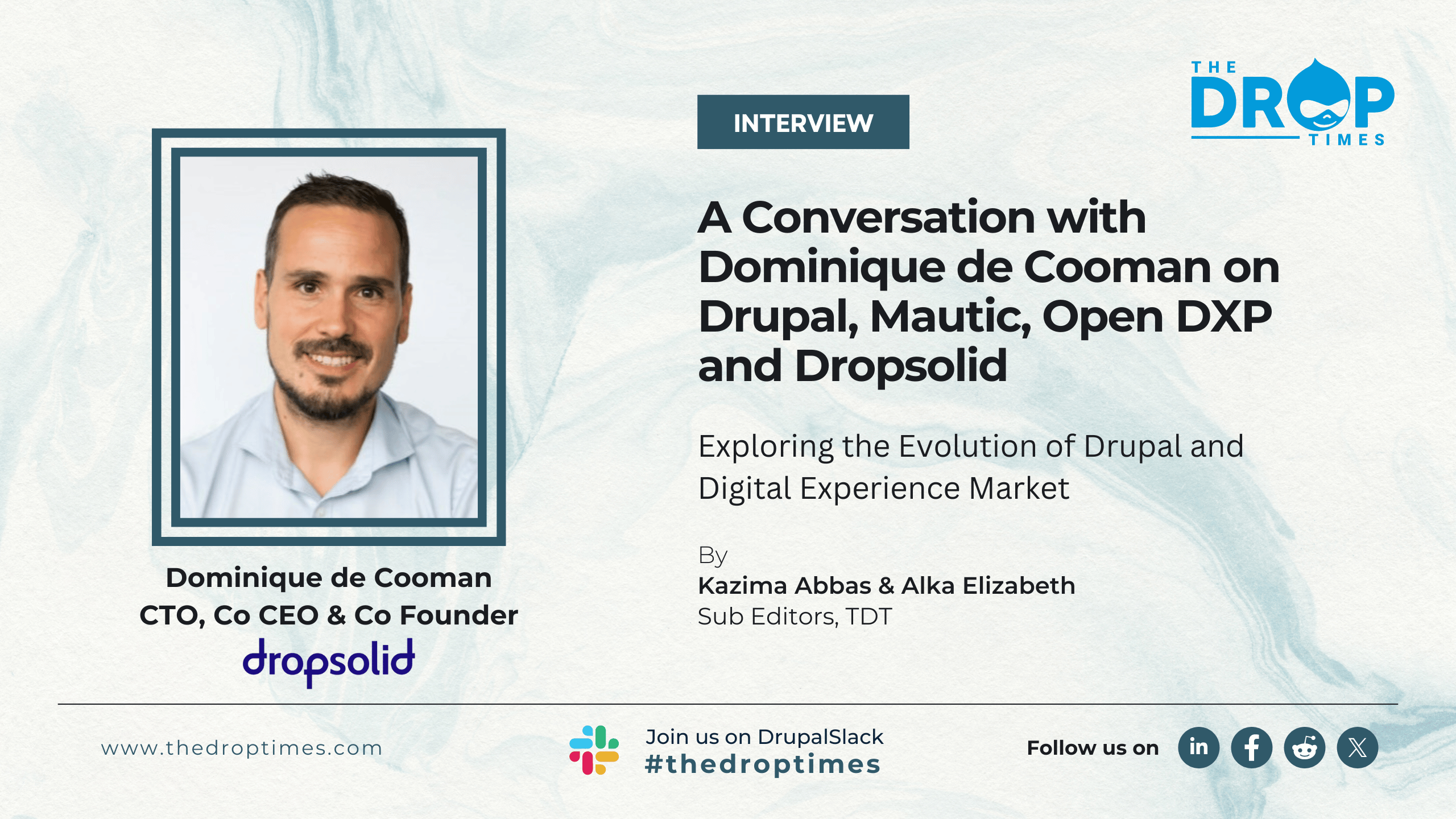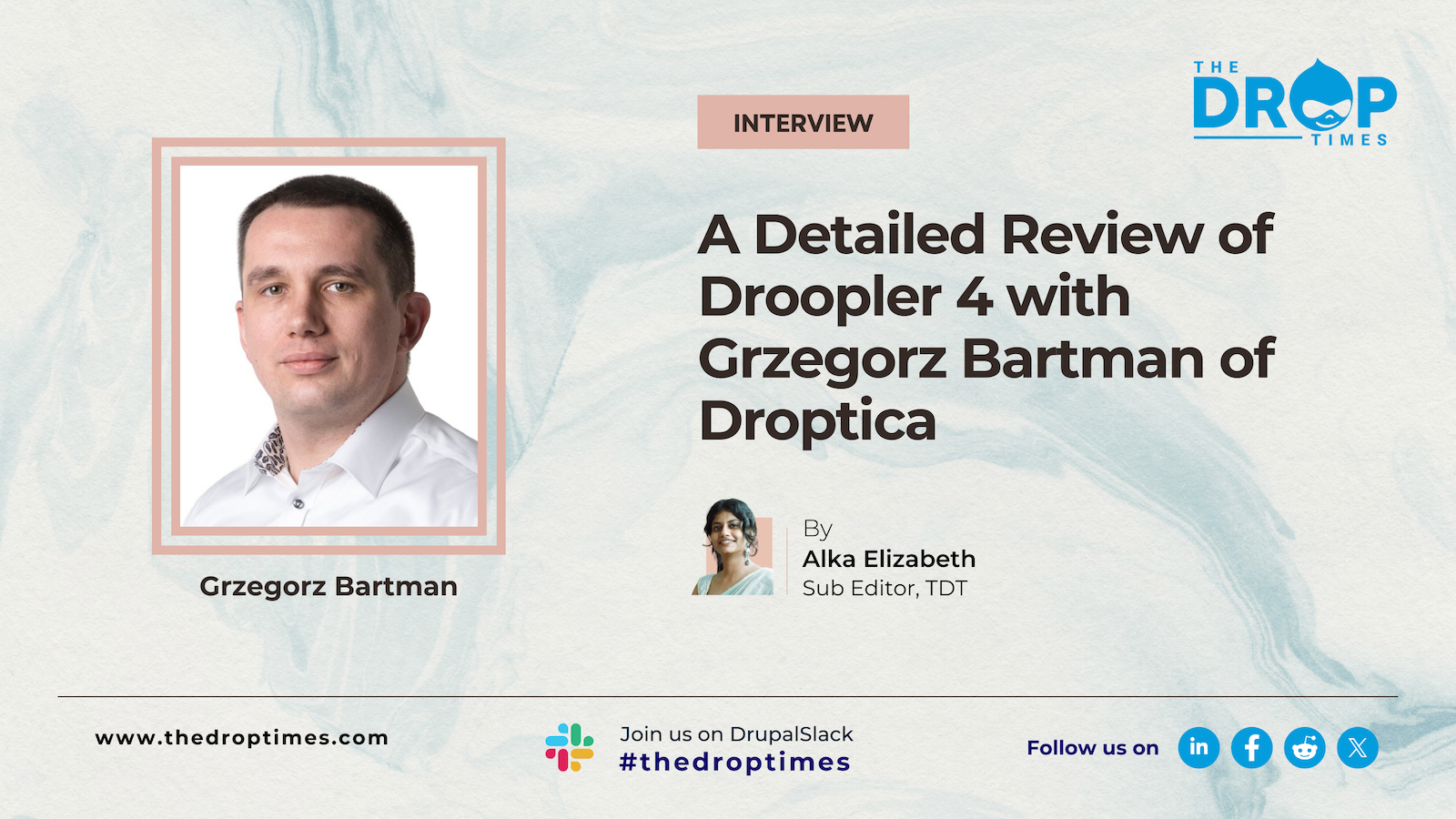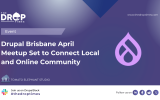Leadership and Learning: Krishnan Narayanan on Building a Culture of Innovation
Krishnan Narayanan, the CEO of Gai Technologies Pvt Ltd, has a profound career spanning multiple industries, from embedded systems to technology consulting. With over a decade of experience, Krishnan's insights into software development reflect a holistic approach informed by his diverse professional background.
Krishnan's philosophy underscores the importance of deep expertise and meticulous design in the software development lifecycle. He emphasises that gaining deep expertise in any area is a skill highlighting the value of continuous learning and mastery in tech agnosticism practices. A commitment to quality of life and mentorship is at the core of Krishnan's leadership ethos. He champions a culture where "Quality of life is a prerequisite to quality of work," fostering an environment of mentorship and collaboration at all levels. Krishnan's vision for Gai Technologies aligns with 'The Dharamshala Model,' which prioritises creating silos of expertise in serene environments conducive to innovation.
Krishnan's personal experiences shaped his decision to establish Gai Technologies in the tranquil environs of Himachal Pradesh, a mountain-valley state on the Indian side of the mighty Himalayas. He shares insights into the transformational journey, transitioning from urban to rural settings, stating, "In a word: Hard," underscoring the challenges and triumphs that shaped his trajectory in the tech industry.
Krishnan's engagement with the Drupal community for over a decade underscores his commitment to collaborative learning and knowledge sharing. While acknowledging shortcomings in physical participation, he recognises Drupal's pivotal role in Gai Technologies' growth and envisions its continued relevance amidst changes in the digital world.
Elma John, a sub-editor at The DropTimes, interacts with Krishnan Narayanan in this illuminating interview. Please read on:
TDT [1]: Krishnan, you've had an extensive career spanning multiple industries. How did your experiences in embedded systems and technology consulting contribute to your approach to software development today?
Krishnan: A significant part of the Software development lifecycle is technology agnostic. One big thing I learned from being a developer for the better part of my work life was that expertise—the process of gaining deep knowledge in any area—is a skill. This skill translates to learning and gaining expertise in any given field.
Another major learning is simple things like QA-first, design, design, design. Design your system, then lower sub-systems, and finally, (counter-intuitively) design your code around the previous two. Finally, teamwork: working as a team and creating a team culture are the core requirements of any large body of work.
TDT [2]: What ideologies or principles have been instrumental in shaping the culture and direction of Gai Technologies? Can you elaborate on 'The Dharamsala Model' and its significance in your vision for the company's growth?
Krishnan: Quality of life is a prerequisite to quality of work. This is the core principle. Next is mentoring at every level: juniors mentor interns, seniors mentor each other, they mentor juniors, too, and so on. Always have a team with mixed expertise, and have a junior member in every project. They bring a different energy, and the seniors learn a lot more by explaining and mentoring juniors.
The main idea behind The Dharamshala model is to create silos of teams who have deep expertise in one area. Software development is best done in a quiet, serene, and generally relaxed environment. As a rule, Gai thus has offices in beautiful places. Cities are, by and large, to be avoided, except for sales and marketing teams that need to be close to clients and other businesses.
TDT [3]: I had the chance to read one of your articles in which you talk rom Bengaluru to the mountains. You mentioned pivotal childhood experiences in the city that shaped your passion for climbing and coding. How did these experiences influence your decision to transition from the city to the mountains?
Krishnan: The outdoors has always been a passion, and the Himalayas are the paradise one wants to be in. The deteriorating quality of life in the city, even Bangalore, was also a big factor. Also, having travelled to the mountains every year, we had a sense that building a life here wouldn't be hard.
TDT [4]: What significant challenges did you encounter while establishing Gai what key insights or lessons did these hurdles provide? Additionally, how do you navigate setbacks or failures, both on a personal level and within your company?
Krishnan: The hardest part is the relatively slow, organic growth, which is the only way to grow teams in towns that do not have the tech ecosystem. The next, possibly even bigger, challenge is finding senior folks willing to transition from putting quality of life above earnings, job security, etc., and making a move.
Failures: On the personal front, I'm very fortunate to have a supportive partner beyond belief since navigating being far from our extended family. Rearing a child, suddenly acclimatizing to a somewhat rural setup, the drop in earnings, etc, are a constant challenge. On the work front, it feels like a series of failures. The big bonus is helping create great Engineers and working for them daily.
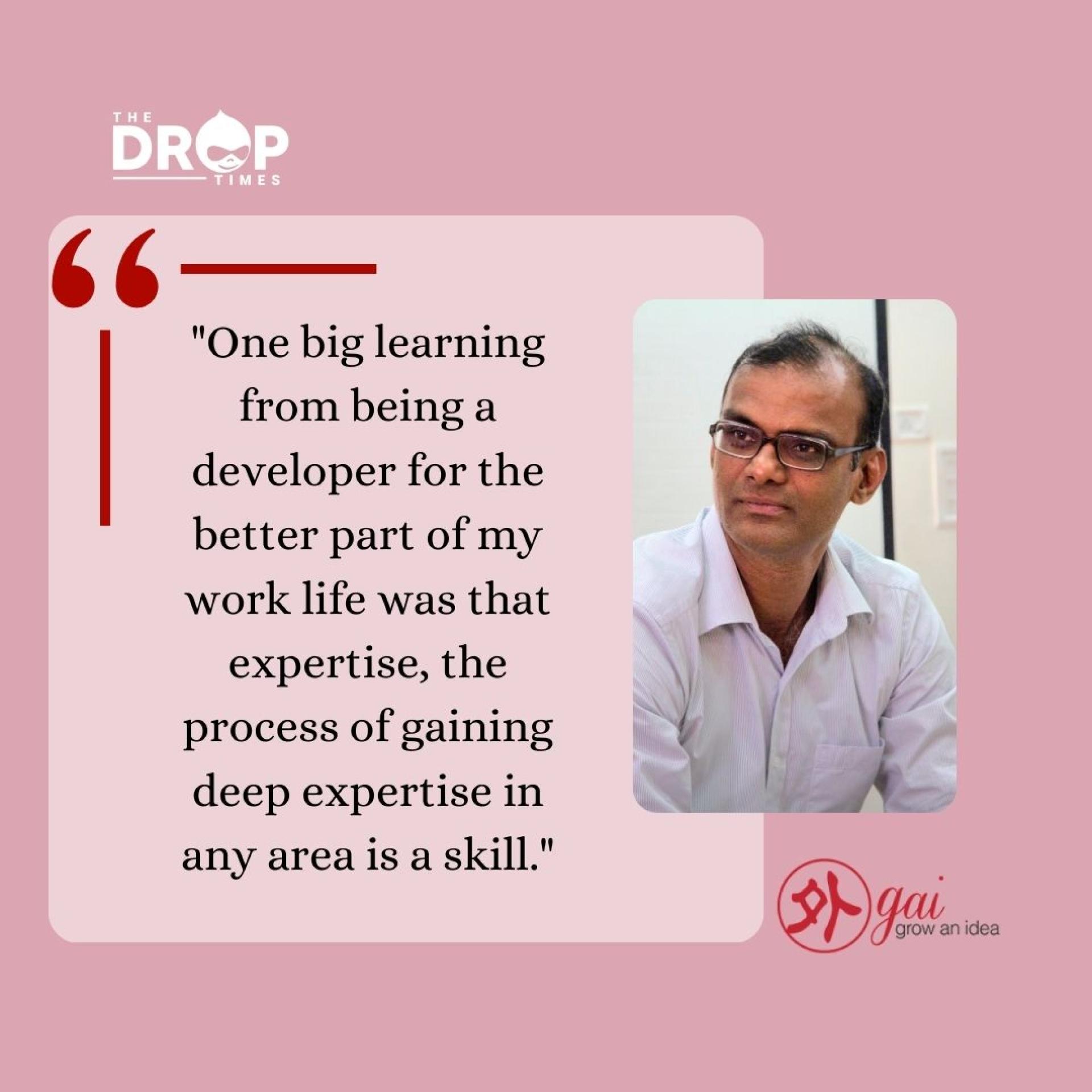
TDT [5]: Can you describe the evolution of your career from your early days founding Gai Technologies?
Krishnan: In a word, Hard. Fortunately, I knew and loved Software development right from college. The only tricky part was remaining a developer after the first four years. Fortunately, I got into an unbelievable team and Managers at HP that shaped my outlook tremendously. Along the way, I got the reputation as the person to go to for complex problems, and that took care of my growth.
Gai was created in 2002 to cater to like-minded senior people who wanted to work on s/w development and—almost as a rule—were terrible at business, negotiations, invoicing, accounting, etc. Gai was just a bunch of loosely bound people who used Gai as a front until 2013 when I was forced to become CEO, a role that fits very uncomfortably to date.
TDT [6]: Could you share insights into the tech landscape in Himachal Prades you've employed to promote growth within this region?
Krishnan: There isn't a tech landscape to speak of here. Since its inception, a few companies have grown, but nothing too major to speak of. Any major shift takes at least a generation, so this was anticipated.
Gai has a continuous stream of interns working closely with the team. Some interns stay to work at Gai, but most don't. Gai also goes to colleges and universities to help with software setups, give talks, etc. Note: This has been slow since Covid.
TDT [7]: How pivotal has Drupal been in your company's journey, and how do you foresee its role evolving in the future, considering the constantly changing tech landscape?
Krishnan: Drupal has been pivotal in Gai's growth so far, and as long as Drupal continues to grow along with the tech landscape, we see that staying the same for a while. I'm still determining where AI will take us, but low-code/no-code is a reality we need to face sooner rather than later. Today's best thing to do is to train engineers to *design* sub-systems rather than focus on developing software. That will be a skill that will always be required.
TDT [8]: With over a decade on Drupal.org, how has your journey within the community influence your approach to building development teams and nurturing talent?
Krishnan: As a company, we need to participate more in Drupal's community in person. One of our shortcomings is that we don't attend DrupalCons or participate much in online events. So, our learnings from Drupal in this respect have been very little, which is unfortunate.
TDT [9]: What unique strategies did you employ to build a team and establish Dharamsala, considering the challenges of recruitment and scaling in a non-urban setting?
Krishnan: We hire through our internship programs. We do minimal to no gate-keeping of people who walk in to learn. Interns use our resources for a couple of weeks, during which our HR introduces them to some standard online training, after which they are evaluated more for their intent and enthusiasm than their output. A mentor is then given to the intern to learn from. The next evaluation may happen 1-2 months later.
Nothing is unique about this; it is possible only in small towns.
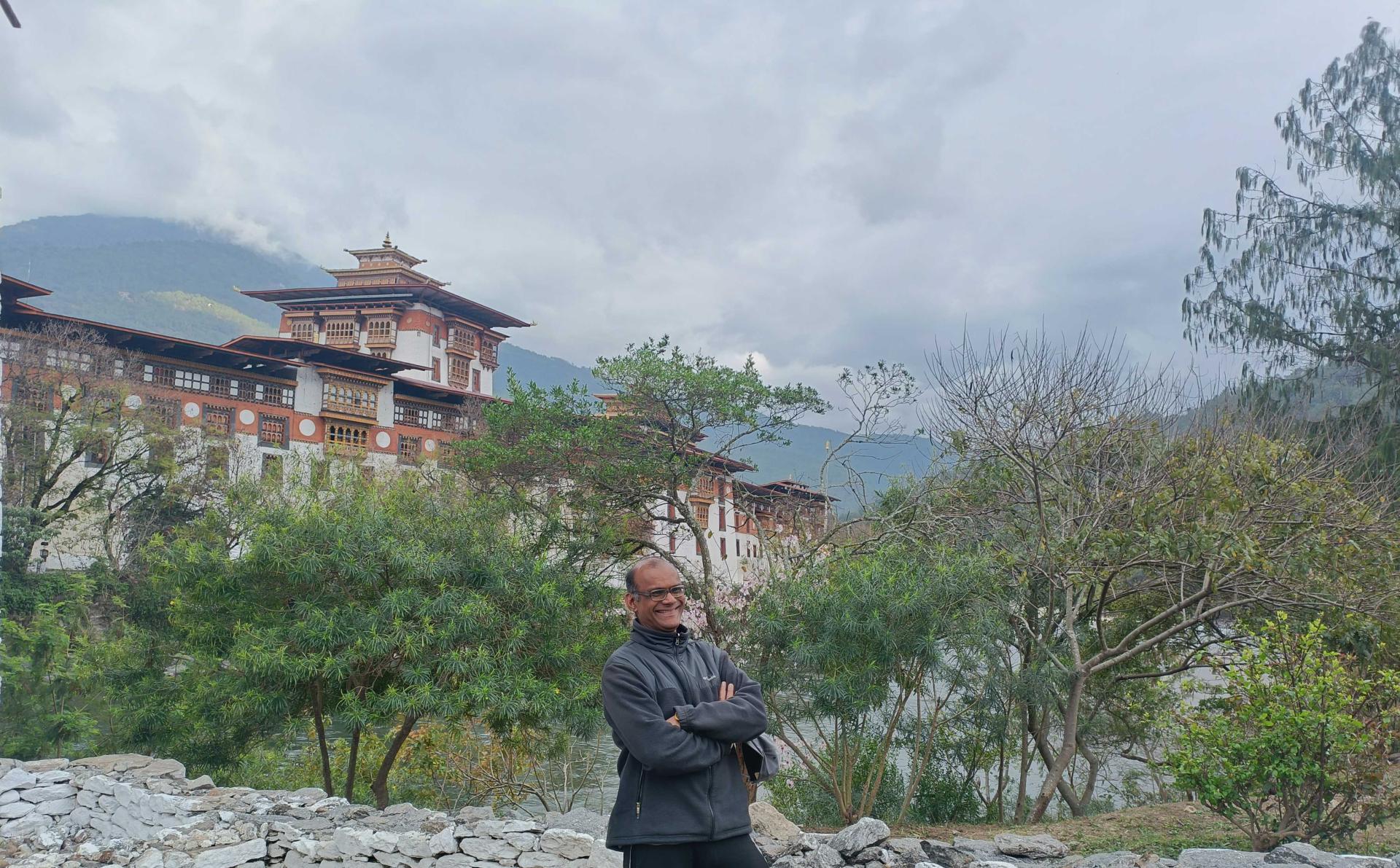
TDT [10]: What were the pivotal challenges you faced while fostering tech tea how did you navigate through these challenges?
Krishnan: The big challenge is to build patience into the training. Allow people to learn at their own pace, and give them lots of mentorship.
I'm unsure whether we've navigated the challenges well. We are still a small team—we are seeking consummate marketers to drive our sales pipeline—but there is still lots to learn within zeroing in on, at the primary level, adult learning.
TDT [11]: You mentioned the goal of creating world-class developers and devel you envision achieving this, and what steps have you taken?
Krishnan: We already have some incredibly talented developers. Growth happens through complex projects and failures. As someone who's an expert in the latter, ensuring teams are allowed to fail without the project failing is my primary role.
TDT [12]: What lessons or values did you acquire during your tenure at various companies that have significantly influenced your leadership style at Gai Technologies?
Krishnan: Good work happens from the bottom up. Managers' primary responsibility is to be facilitators. Never let processes come in the way of work. Culture is what the office-help thinks of your company. Embrace failure. HR must work for the employees, not the management.
Disclaimer: The information provided about the interviewee has been gathered from publicly available resources. The responsibility for the responses shared in the interview solely rests with the featured individual.
Note: The vision of this web portal is to help promote news and stories around the Drupal community and promote and celebrate the people and organizations in the community. We strive to create and distribute our content based on these content policy. If you see any omission/variation on this please let us know in the comments below and we will try to address the issue as best we can.



